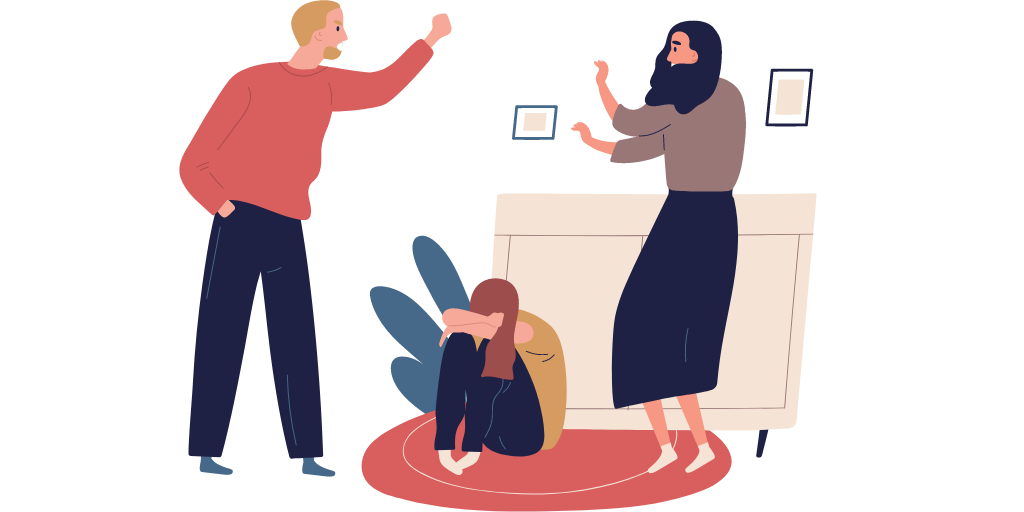New Guidance on Whether Victims of Domestic Abuse Should Pay for Supervised Contact between their Ex-Partner and their Children

New Guidance on Whether Victims of Domestic Abuse Should Pay for Supervised Contact between their Ex-Partner and their Children
In the past, there have been cases where victims of domestic abuse have been required by the courts to contribute or even fully finance the costs of a supervised contact centre so their abusive ex-partner can spend time with their children. After a ground-breaking ruling this has changed.
In the highly publicised and reported case of Griffiths v Griffiths and another [2022] EWHC 113 (Fam) consideration was given to this fundamental issue, and for the first-time guidance was provided by the Family Court. The background to this was the successful appeal, by Kate Griffiths MP, against a previous judgement ordering her to contribute towards the costs of a supervised contact centre, for her ex-husband, Andrew Griffiths, to spend with their children. This previous order had been made because Mr Griffiths did not have the means to pay for the supervision, but it failed to adequately take into account a Fact-Finding hearing that had found that Mrs Griffiths was the victim of serious and continued abuse by Mr Griffiths over 10 years – including coercive and controlling behaviour and rape.
On appeal it was determined that, in certain cases, while the courts can look at whether one or both parents should contribute towards the costs of supervised child contact by one parent, it would be ‘exceptional to require a proven victim of abuse to pay towards their abuser’s contact.’ Mrs Griffiths’ appeal was upheld and she was no longer required to contribute towards the costs of the facility.
Moving forwards, it seems very likely that where there are disputes between parents and a Fact-finding Hearing has found evidence of serious domestic abuse, the Family Court will not order the victim of the domestic abuse to pay towards supervised contact costs.
Guidance arising out of Griffiths v Griffiths in relation to cases where abuse has been found or admitted:
First, there must be a very strong presumption against a victim of domestic abuse paying the costs of a supervised centre of their child with the abuser. Second, if, wholly exceptionally, the court has to consider this. The matters a court might want to take into account could include the following:-
- The welfare checklist including the age of the child
- Practice Direction 12J (PD12J paragraph 3) forms part of the Domestic Abuse Act 2021, this sets out what the court is required to do in any case where domestic abuse is alleged, admitted, or proven or if there is other reason to believe that the child or a party has experienced it
- The nature of the abuse proved or admitted, and the parties’ conduct that the court considers relevant
- The impact of the abuse on the caregiver with consideration as to whether any payment would give rise to financial control
- The extent of the relationship between the child and the abusive party
- The nature of the section 8 order made
- The parties’ financial resources
- The cost of a facility, permitting one parent to spend supervised time with their children.
- Whether, if spending time with one parent is in the best interests of the child, it would take place without a sharing of the costs.
Domestic Abuse and Contact
Abuse does not just affect the victim of the behaviour, but also affects other family members. This has become increasingly recognised in recent years and the Court is better trained and more experienced at dealing with it. The definition of abuse has also been widened considerably and been updated to reflect current views on the damage abuse causes to members of a family. This includes very young children – who may once have been thought not to have been aware of the abuse – since even if they have not witnessed it, they have experienced its effects. The impact of such abuse will be an important consideration for the Court when considering whether to award contact to the abuser.
Speak to our Family Law specialists
If you wish to find out more about how we can help you or if you need advice on any issues relating to domestic abuse, please contact our Children Law team.
For any advice on aspects of divorce/separation and children matters, speak to our specialist Family Law team. Please email familylaw@ibblaw.co.uk or call 03456 381 381.
Reena Vadera is a Senior Associate in the Family Law team and can be contacted on reena.vadera@ibblaw.co.uk or 01895 207 819.
